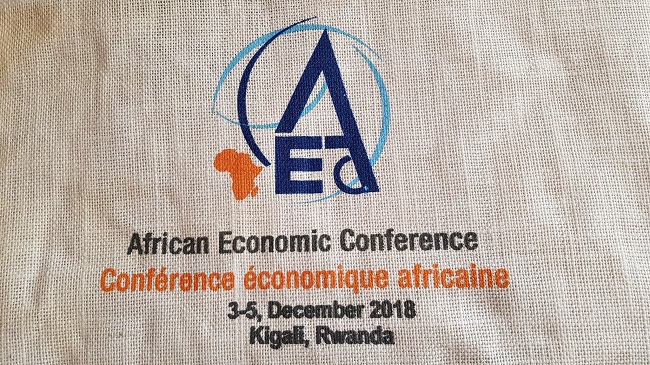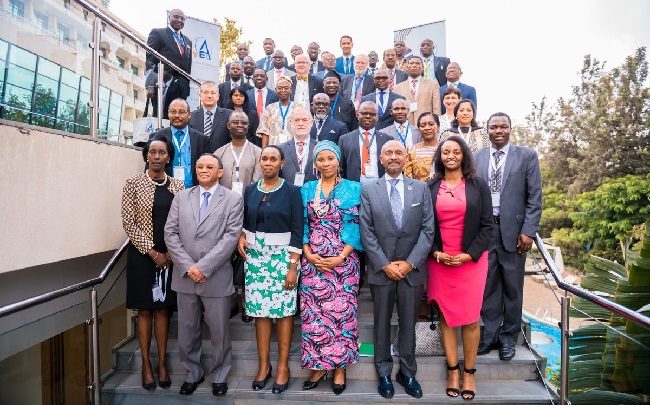African countries must leverage their strengths

Participants to the 13th African Economic Conference taking place in Kigali, the Rwandan capital, have called for African countries to leverage the full range of their strengths and resources to accelerate the region’s drive towards continental integration.
Themed “Regional and Continental Integration for Africa’s Development” the 2018 AEC, jointly organized by the United Nations Development Programme, the United Nations Economic Commission for Africa, and the African Development Bank follows the launch of the African Continental Free Trade Area (AfCTA) eight months ago in Kigali.
Speaking during the conference’s opening ceremony, Claudine Uwera, Rwanda’s Minister of State in charge of Economic Planning said: “Africa’s integration is no longer a choice. It’s a must for the continent and its people. To become the global player that it deserves to be, Africa should integrate speedily.”
Experts agree that a self-reliant approach that emphasizes intra-African trade, would not only help deepen regional economic integration but contribute significantly to sustainable economic growth, job creation, poverty reduction, and inflow of foreign direct investment.
The African Continental Free Trade Area signed in March 2018 by countries is seen as the most ambitious effort to form what has the potential to be the world’s biggest free trade agreement which aims to create a single continental market of goods and services, with free movement of business persons and investments across Africa.
Estimates are that if Africa were to increase its share of global trade from 2 to 3%, the one percentage point increase would result in an annual additional income of about US$70 billion.

Ahunna Eziakonwa, UNDP Regional Director for Africa observed: “African countries need to collaborate more effectively in devising public policies that can create skills, foster innovation and technological advancement, facilitate labour mobility and access to productive assets including land and finance.”
Speaking to the urgency of ratifying the AfCFTA, Giovanie Biha, ECA Deputy Executive Secretary said: “It’s time to ratify to ratify AfCFTA, the more ambitious the liberalization, the higher will be the gains in terms of increase in GDP and exports.”
The need for African economies to adopt innovative approaches to finance integration and especially infrastructure development also underscored.
Gabriel Negatu, Director General of African Development Bank stated: “We are committed to continue supporting Africa’s integration agenda for it will lead to sustained growth and allow the continent to withstand external pressures; enable African companies to grow and become global giants.”
AEC 2018 debates are expected to focus on four main themes: Conceptual underpinning of Africa’s integration; Infrastructure and institution for Africa’s integration; Leveraging private sector for Africa’s integration; Partnerships for effective integration that address impediments to Africa’s regional and continental integration.
The high points of the conference will include the launch of three significant reports: the 2018 Visa Openness Index; the 2018 Africa Sustainable Development Report; and the African Governance Report on Tuesday 4 December.
African Press Organisation

